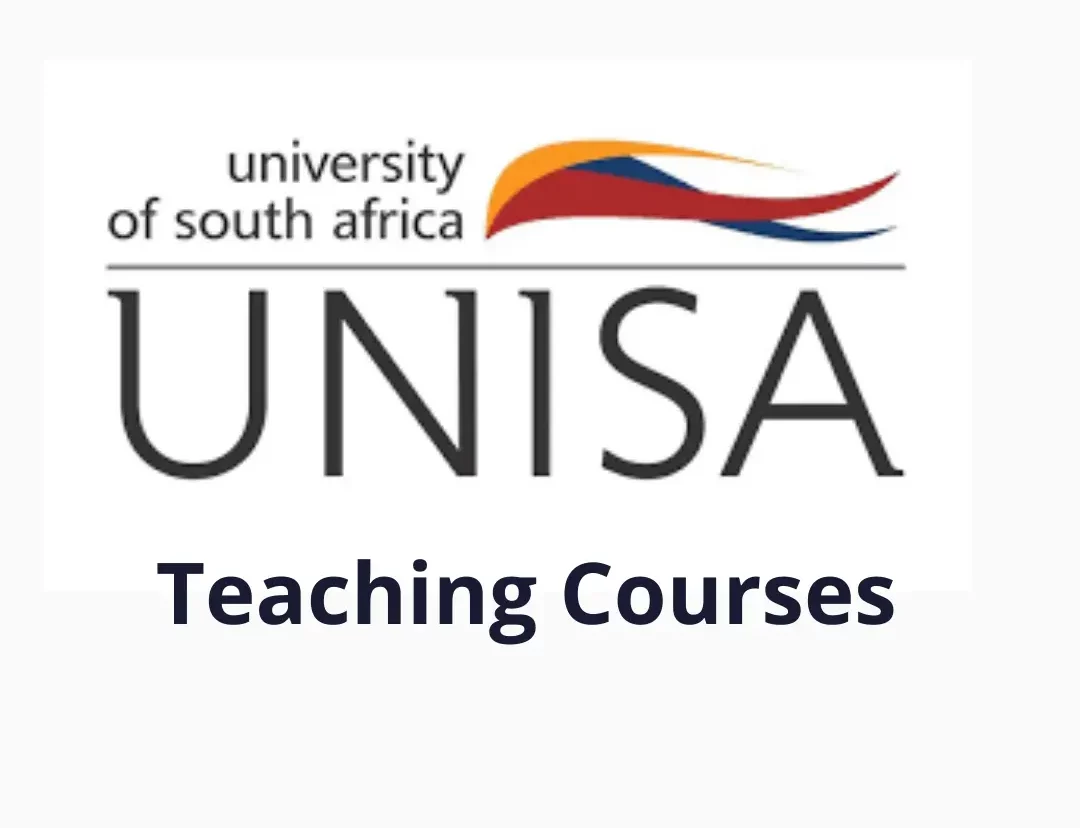
Teaching may suit you if you want to shape the next generation and improve society. UNISA offers a high-quality education that will prepare you for teaching. The University of South Africa (UNISA) is a top teaching school. UNISA offers a diverse curriculum to help you reach your career goals. Due to its comprehensive teaching curricula, UNISA is a leading school for aspiring teachers.
Requirements to Study Teaching at UNISA
UNISA is a large African university that provides several academic opportunities, including teacher education. UNISA offers several paths to choose from if you want to make a difference in the world as a teacher.
There are requirements that must be met to study teaching at UNISA. The minimum requirement for entry into a Bachelor’s degree program is a National Senior Certificate (NSC) or an equivalent certificate. You must also have a passing grade of 50% or better in English to satisfy the language requirement.
The following are the minimum requirements for entry into a Bachelor’s degree program at UNISA:
- National Senior Certificate (Degree endorsement) with a minimum of 50% in the language of instruction and 40% in Mathematics or 50% in Mathematical Literacy.
OR
- Senior Certificate (SC) with matriculation exemption or meet Matriculation Board requirements for exemption with a grade of D on HG or C on SG in the language of instruction and F on HG or E on SG in Mathematics.
OR
- An NCV Level 4 with a minimum of 60% in three core subjects, including the language of teaching and learning, and 70% in four vocational subjects selected from the NCV Level 4 offerings.
The Bachelor of Education degree recognizes various fields of study, including the six official languages, mathematics, science, conservation of natural resources, management science, business, commerce, education, training, development, and natural science.
How to Apply to UNISA for Teaching
UNISA’s educational psychology, curriculum development, classroom management, and formative and summative assessment and evaluation are just a few areas of study included in their teacher education programs. UNISA offers a flexible timetable, allowing students to attend classes at their convenience and pace, thanks to online and distance learning options. Applying to UNISA’s education program is a straightforward process:
- Visit the UNISA main page and go to the “Apply” section.
- Follow the provided link to submit an application for your chosen academic course.
- Submit official copies of your driver’s license, diploma, and other relevant certifications.
- Create your own student number on the platform if you don’t have one.
- Fill in the spaces provided on the platform and proceed to the next stage.
- Upload and submit all required documents for the application.
- Pay the necessary application fee and proceed with the application.
Duration of Teaching Programs at UNISA
The Bachelor of Education (BEd) degree program at UNISA is a four-year program that prepares students for jobs in primary and secondary education. The program focuses on preparing students for careers in elementary education. It covers a wide range of topics, including education philosophy, teaching techniques, and subject-specific content.
Points Requirement for Teaching Programs at UNISA
UNISA requires a minimum APS (Admission Point Score) of 15 to study for the Higher Certificate in Education. The APS system is used to assess high school applicants based on the subjects they took and their grades. Different schools may have different minimum APS requirements, and other factors like space and competition may also be considered.
Cost of Studying Teaching at UNISA per Year
The cost of studying teaching at UNISA depends on the level of study and document status. On average, the annual tuition fee for undergraduate programs at UNISA is approximately R36,000 for South African citizens and R68,000 for international students. These figures may vary, so it is essential to check the official UNISA website or contact the admissions office for the most up-to-date information.
Conclusion
If you aspire to become a teacher and positively impact the next generation, UNISA’s teaching programs offer an excellent opportunity to achieve your goals. UNISA’s comprehensive curriculum, flexible study options, and prestigious reputation make it a leading choice for aspiring teachers. By meeting the entry requirements and successfully completing the program, you can obtain a Bachelor of Education degree from UNISA and embark on a fulfilling career in teaching.
Was this helpful?
1 / 0
#Education